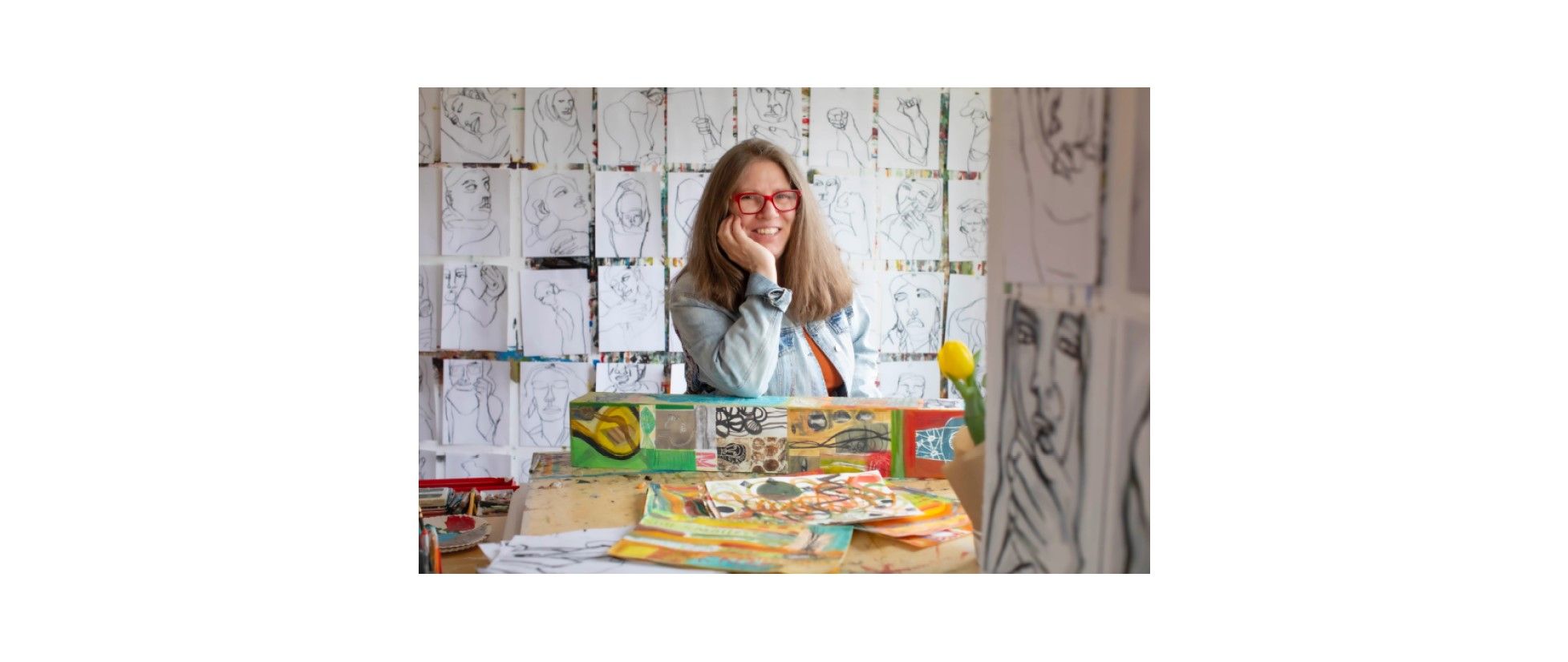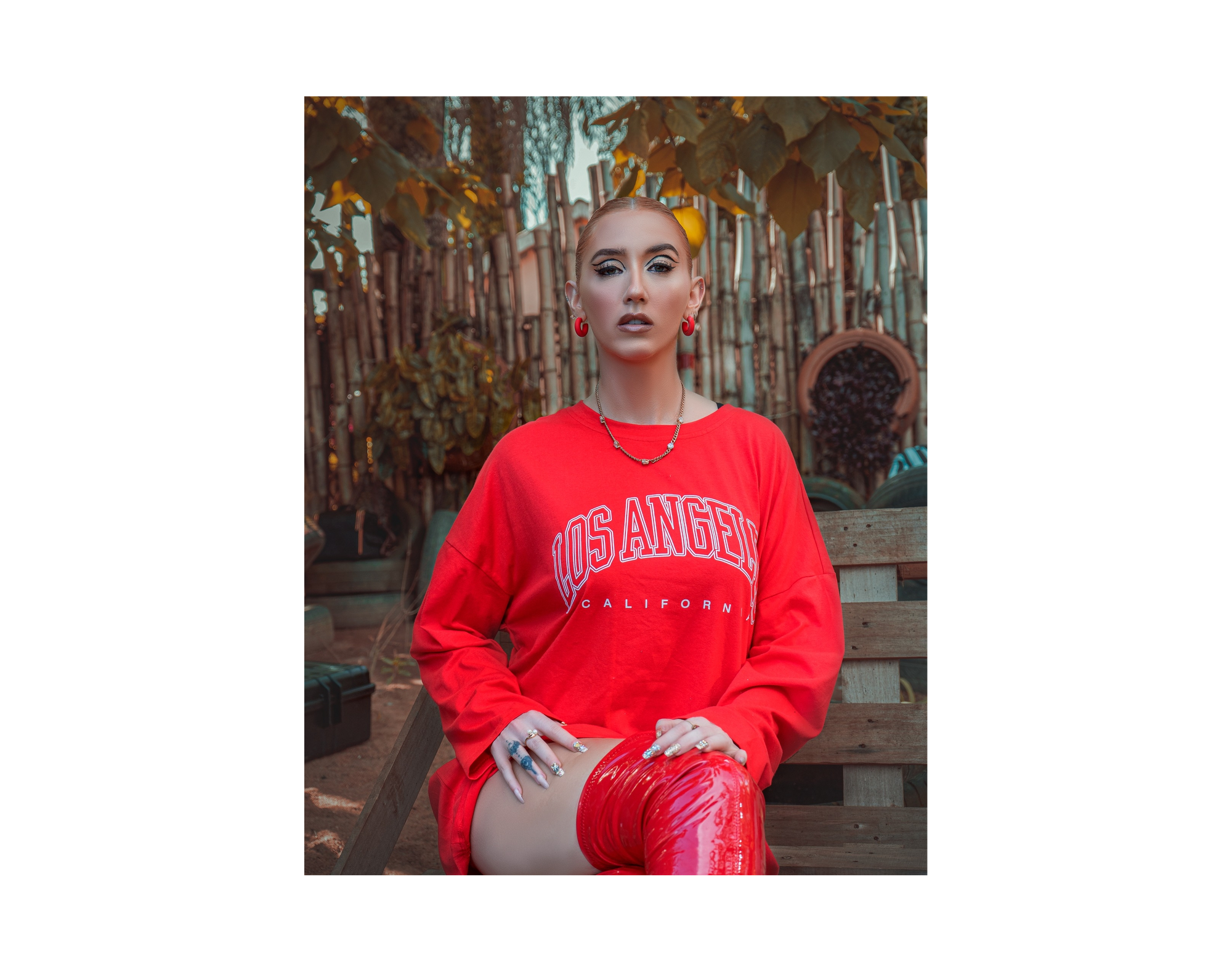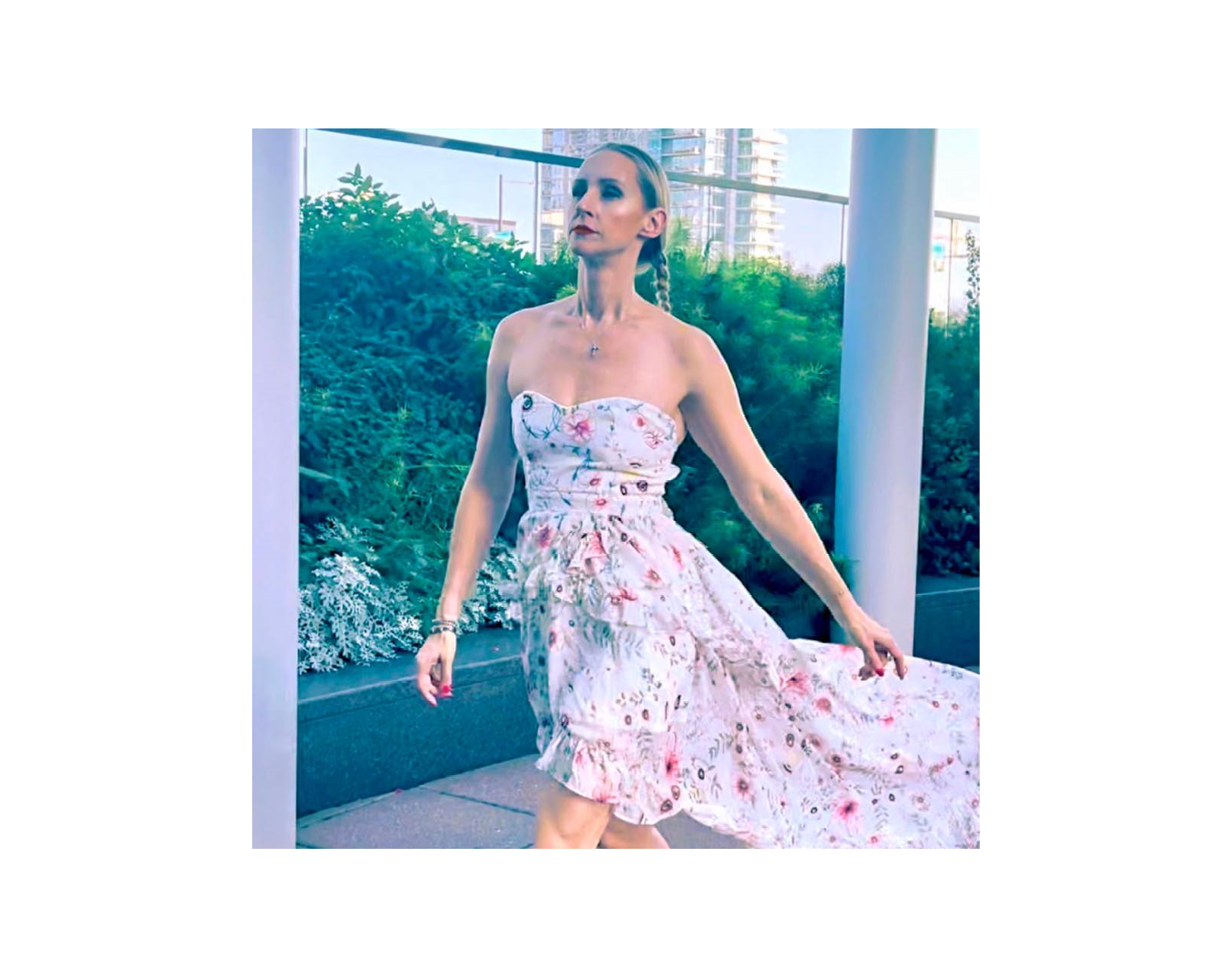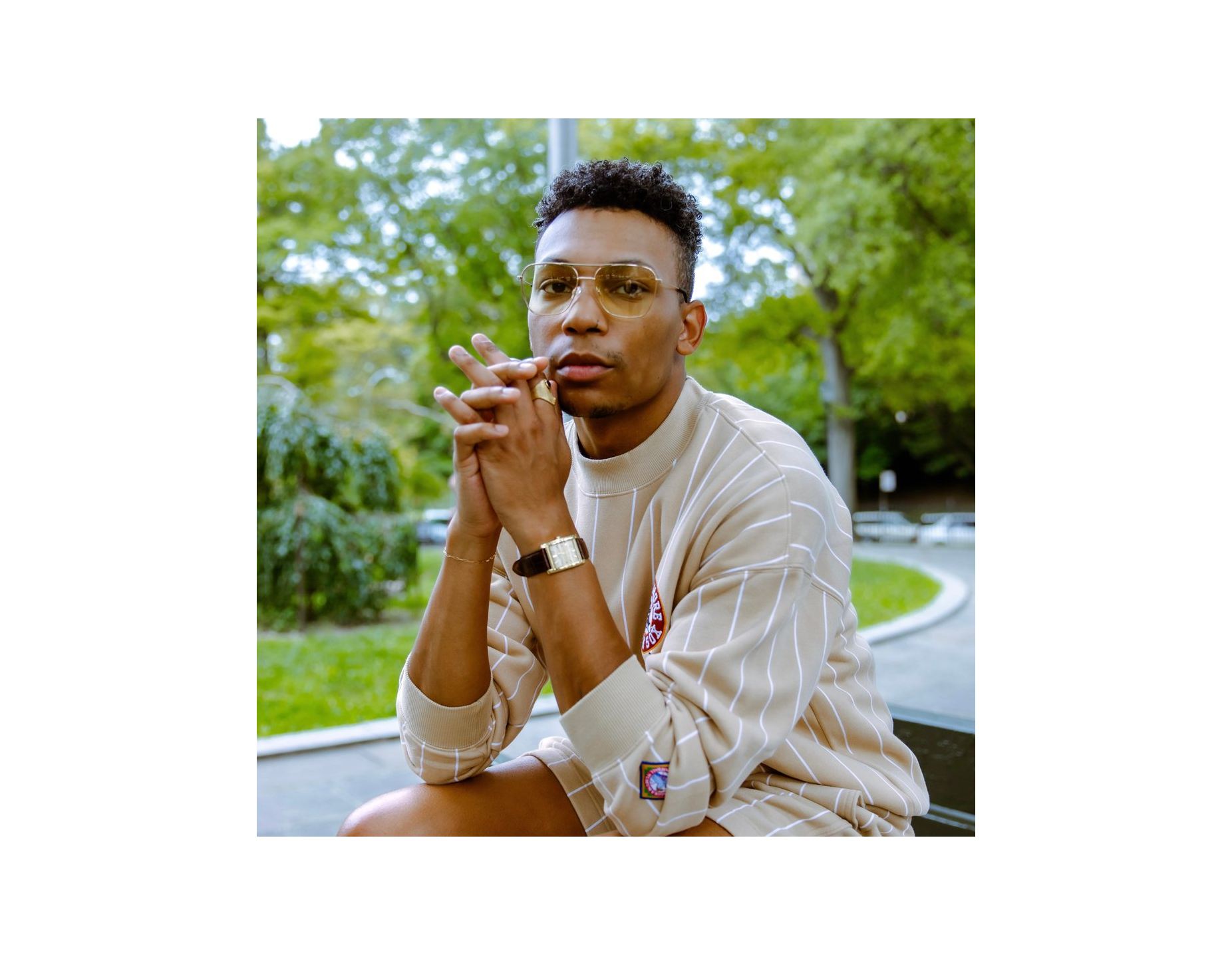Interested in starting your own entrepreneurial journey but unsure what to expect? Then read up on our interview with Deb Putnoi, Founder of The Drawing Lab, located in Brighton, MA, USA.
What's your business, and who are your customers?
As a visual artist and educator, I believe in the power of art and creativity to change the world. I have developed an innovative program that teaches people how to access their one-of-a-kind drawing minds. Everyone has the ability to draw, but at a young age, most people start to doubt that ability. Yet it is now more important than ever to be creative, visually aware, and able to use our whole brain. Instead of letting fear stop us, I show people in very simple ways how to draw, whether they are an artist or not. Drawing is a way to connect to ourselves, to build bridges with others, to communicate, to see more clearly, to be mindful, and to think through ideas. Most people have a limited idea of what drawing is and can be. The Drawing Lab shows people of all ages how to experiment and explore the drawing process while learning drawing skills in an open-ended approach. I work with individuals, groups, universities, hospitals, museums, schools, and community centers—ages ranging from 5-95. Drawing is the perfect media because all you need is some paper (it can be recycled or copy paper) and a pencil or pen. No fancy materials are needed. Drawing is a language that everyone can access. In The Drawing Lab, whether you want to draw for 2 minutes or two hours, I teach you ways to build drawing moments into your life. The ripple effects of drawing are incredibly powerful.
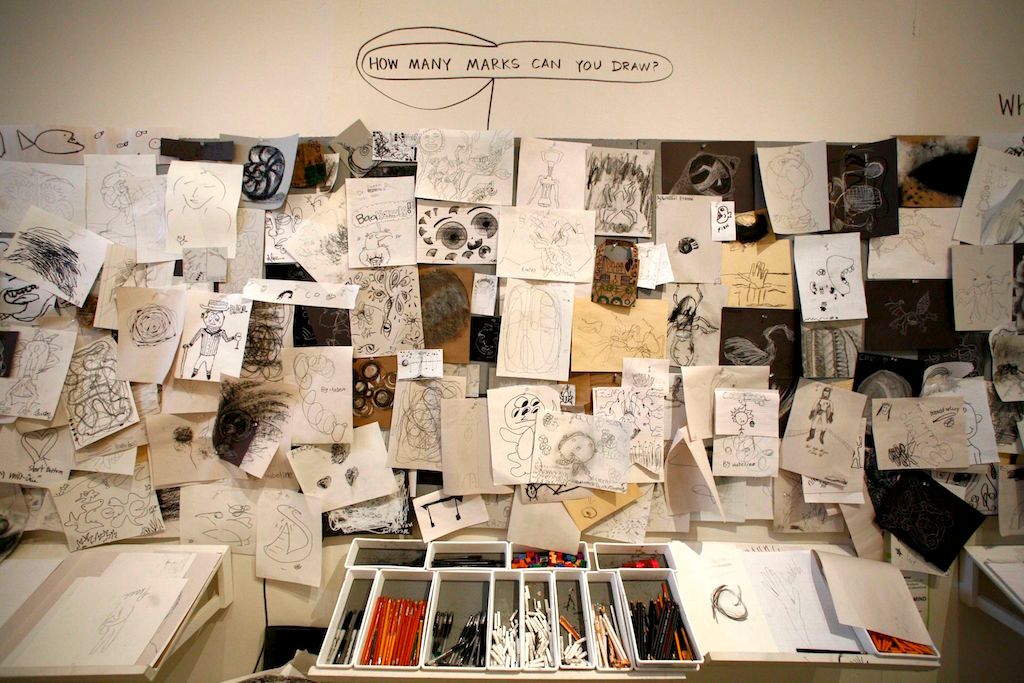
Tell us about yourself
Drawing and making art keeps me sane. Since I was a young girl, I have always had a pencil in my hand. When we traveled, I would carry my small red sketchbook and draw what I would see or imagined. After graduating from art school and exhibiting my work in galleries across the country, I pursued a Master's degree in education because I wanted to study creativity. How we can enhance creativity in schools. I worked for Howard Gardner, researching creativity, arts, and education at Project Zero at Harvard. I found that in most schools, drawing is pushed to the side, and most kids only use what I call their Drawing Mind in the doodles in the margins of their notebooks. If they learn any drawing, it is in art class for a couple of weeks. But drawing is more than just for artists. I became passionate about developing an approach to bring drawing into the heart of classroom learning. I wanted the visual thinkers in the class to have a way into the materials they were learning. I used what I know as an artist and what I learned as an educator and researcher and developed an approach that brought this language to everyone in the schools. I had the teachers, principals, and staff people drawing alongside the students so that everyone could feel the power and possibility of drawing. I became a "drawing activist" trying to show that by drawing your understanding of a math lesson or drawing to music before you write an essay or drawing as a way to build observation skills serves students just as well as writing, mathematics, and science. After bringing the Drawing Lab to schools, I widened the net, created Drawing Lab installations, and brought the curriculum to serve a wider population.
I am motivated every day because if I can reach one more 8th-grade boy who feels dejected by the public school system, but when he finds out he can draw and his world opens up, possibilities grow, then I want to keep going. Or when I see a woman in her 90s on a zoom screen alone during COVID, and she draws to classical music with others on Zoom, she feels less lonely and more connected to her own self and her senses. Or when I draw with doctors and nurses at a large hospital during their lunch break during the pandemic, and they see that with 20 minutes of drawing, they can find a pocket of calm in their day through the creative process, I want to keep expanding my reach.
What's your biggest accomplishment as a business owner?
This is a tough question for me. I always strive for more, to make more change, and to reach more people. To make a difference. When my book, The Drawing Mind, was published, that was a big accomplishment. I am working on my next book and am really excited about sharing that with the world. When I get feedback and testimonials, I am always moved by each person who shares their experience. I feel like each person I touch with the work and show them what is possible with the kind of drawing I teach; they share the work, and the ripples of transformation keep expanding. That really excites me. I never know where the ripples lead to. So, when people reach out years later with a story about the Drawing Lab, that is an accomplishment that is hard to match. I also feel incredible accomplishment when I exhibit my own artwork and have people take part in the Drawing Lab installations. In these installations, over 1000 drawings have been created and displayed by visitors to the exhibits.
What's one of the hardest things that comes with being a business owner?
As an artist, I am used to the creative process and not always knowing the outcome when I start a piece. I must be open to the messiness and the unknowns as I make my way through. I think the same can be said for being a business owner. You must accept and embrace the messiness of owning a business and not always knowing the outcomes. Sometimes this is harder in business. We want to know how people will react to our work and how that will translate to being "successful." Sometimes it is hard to know when to move on from an idea or when you just need to stick with it for a little bit longer. As a business owner, you must believe in your business, your work, and your ideas when you may not be getting that immediate validation.
What are the top tips you'd give to anyone looking to start, run and grow a business today?
There are four truths about the creative process that align with what you need to think about when you are starting a business.
- Embrace the messiness. Starting and running a business is exciting, but it is not linear or easy. Know from the beginning that it is a messy, sometimes chaotic experience, which is okay. It comes with the territory of creating something and running a business.
- There are no mistakes. Think of a "mistake" as a learning opportunity. We all make mistakes along the way but the real growth as a business owner (and an artist) is to see what you can turn your mistake into and how you can use that mistake as a new discovery or new path. What can you learn from it? If it is a "real mistake," then own up to it, learn from it and get back up and keep at it.
- Be open. See the possibilities, have an open mind and see your business from the perspective of people who are different from you.
- You don't always need to know what you are doing. Ask for help, take courses, read books and keep asking questions.
Where can people find you and your business?
Website:
https://www.debputnoi.com/
https://www.putnoiart.com/
Facebook: https://www.facebook.com/TheDrawingMind
Instagram: https://www.instagram.com/artforachange/
LinkedIn: https://www.linkedin.com/in/dputnoi/
If you like what you've read here and have your own story as a solo or small business entrepreneur that you'd like to share, then please answer these interview questions. We'd love to feature your journey on these pages.
Turn your craft into recurring revenue with Subkit. Start your subscription offering in minutes and supercharge it with growth levers. Get early access here.
